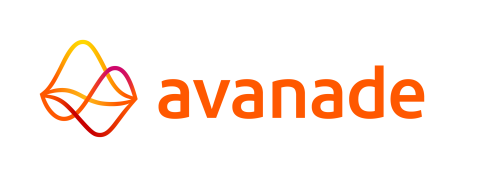Overpunch Encoding
This is the list of possible sign encodings when overpunch is used in numerics. The sign encoding used must be set application wide with the Application Option 'Numeric Sign Encoding'.
New and upgraded applications have this option set to "Not Set" by default which necessitates the setting of this
option before generating the application.
The previous default before AMT 38 was the Lion Type.
In AMT versions prior to AMT 38 this option was optionally set in the Generation Set of the application using the parameter NUMERIC-CODING.
If this parameter is present in the Generation Set of an upgraded Application, the set type should be migrated to the Application Options and the parameter removed from the Generation Set. For example: if the parameter NUMERIC-CODING=ANSI is present in the Generation Set, this line should be removed and the Application Option 'Numeric Sign Encoding' set to 'Cobol Ansi'.
| If the option is not set in the Application Option 'Numeric Sign Encoding', the generator will not generate the application or any of its objects. |
Sign Encodings:
|
Application Option |
Generation Set |
Sign Encoding digits 0, 1 - 9 |
| Lion |
LION |
|
| Cobol Ansi |
ANSI |
|
| Mainframe |
EBCDIC |
|
| Unix |
UNIX |
|
| Custom | n/a |
As defined in sys.ini, |
Custom sign encoding
Custom sign encoding needs to be defined in the sys.ini
file by using the following
syntax:
CUSTOMSIGNENCODING=<SignEncoding>
Where <SignEncoding> needs to be a string of 20 unique characters corresponding with the sign encoding digits
for
-9 to -0 followed by +0 to +9
For example:
CUSTOMSIGNENCODING=RQPONMLKJ}{ABCDEFGHIThe custom sign encoding in this example uses the same characters as the EBCDIC numeric sign encoding type.
